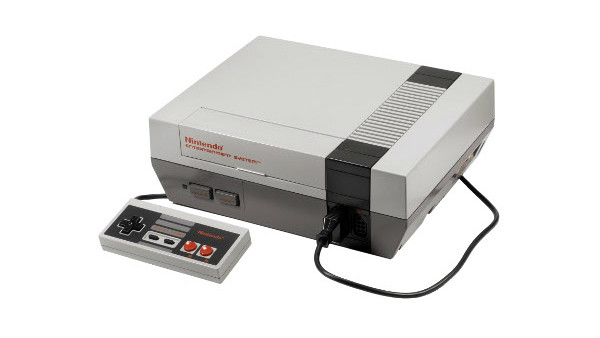The Problem Nobody Wants To Admit About Nintendo
A Link To The Past

It was not so very long ago that Nintendo occupied the position in which Sony currently sit: the undisputed heavyweight champions of gaming, destroying all and sundry with seeming ease. The NES had made video gaming itself a viable proposition once more, and - quite apart from that - was an amazing system with some legendary titles to its name.
The Super Nintendo continued that trend, with innovative games like Donkey Kong Country and Star Fox pushing the graphical capabilities of the system, and titles like The Legend of Zelda: A Link To The Past and Super Metroid still considered must-plays to this very day. The system was an absolute powerhouse.
The only real challenger to Nintendo's dominance at this point was Sega and, while Sonic and co. did indeed put a modest chink in the big 'N's armour and eat up some valuable market share, Nintendo's position as market leaders and the go-to gaming company never really looked to be in peril.
The significance of this point cannot be overstated, as there exists an entire generation or two of gamers today who would balk at the very idea of Nintendo being the absolute number one gaming company in the world, as the modern perception of old Ninty is very different, but we'll get to that later.
It was, however, with the relative failure of the Gamecube that Nintendo's direction of travel and general ethos began to change. The Gamecube was an odd little machine for the time, with an unusual form-factor and tiny disks, not to mention the inability to play DVDs. For all its idiosyncrasies, however, it marked Nintendo's last attempt to directly compete with its peers in terms of raw power and graphical capabilities. With exclusives like Eternal Darkness: Sanity's Requiem, two Star Wars Rogue Squadron titles, Mario Sunshine, and Metroid Prime to name but a few, there's no arguing that the system certainly had some epic games to its name.
When, thanks to the PlayStation 2 and Xbox, Gamecube ultimately struggled to capture the gaming zeitgeist, Nintendo's response was to go back to the drawing board and revert to first-principles when developing the Gamecube's successor. They would ultimately prioritise creating fun and unique gaming experiences over continuing to measure mushrooms with Sony and Microsoft.